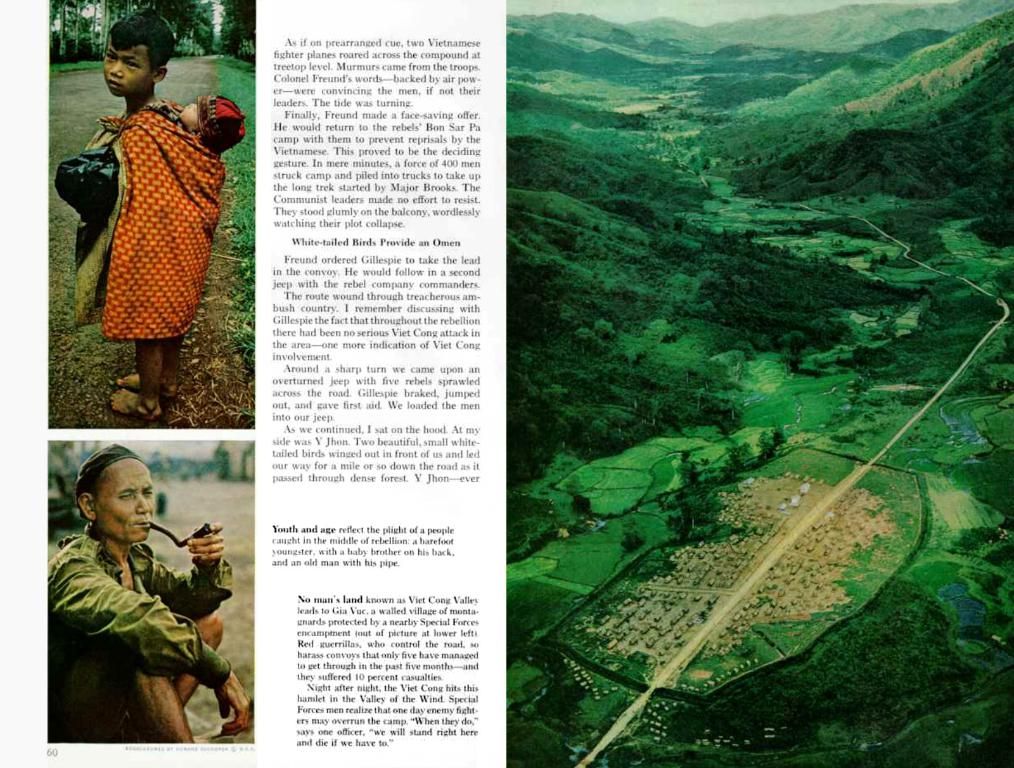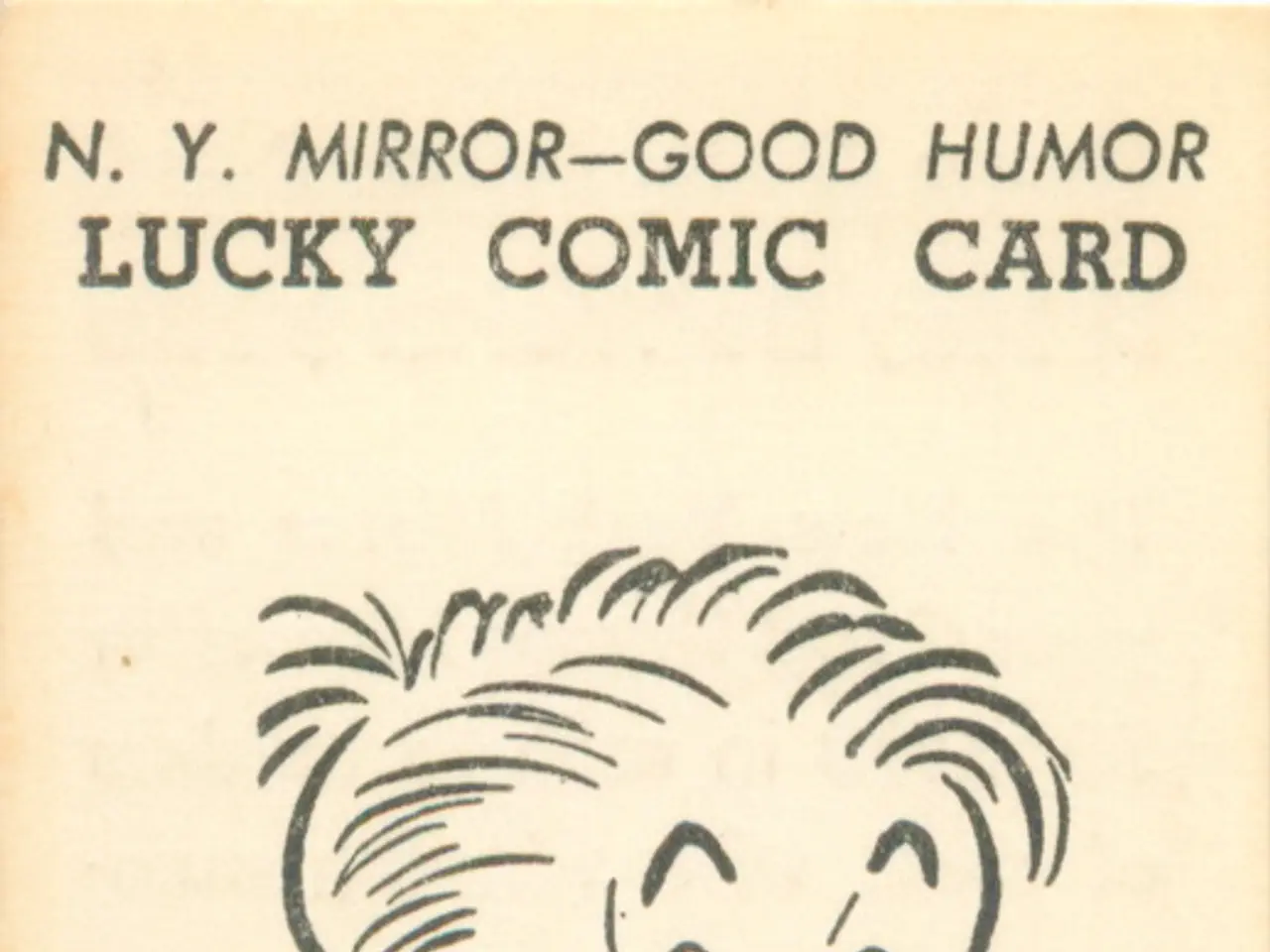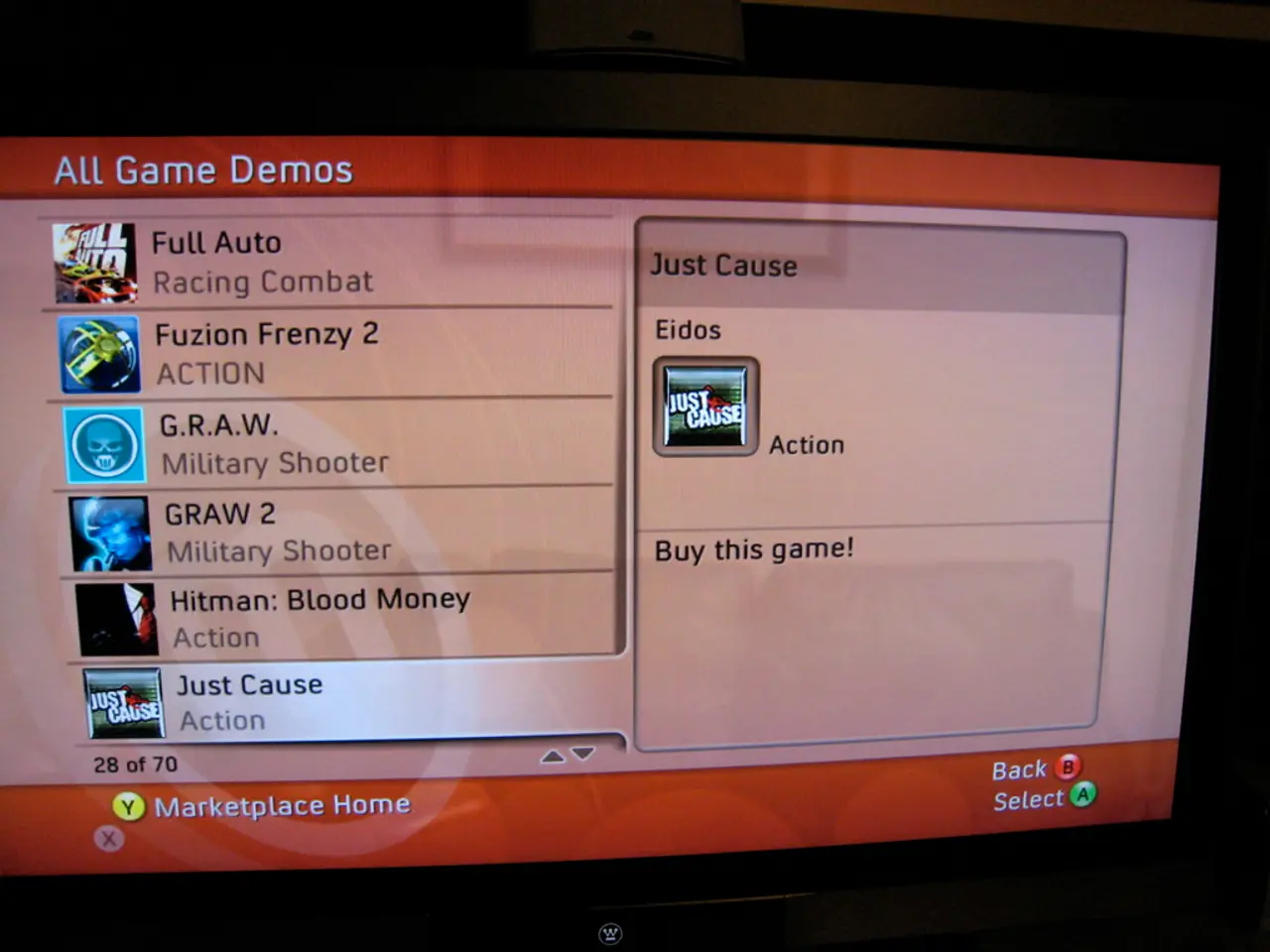U.S. Criticizing Venezuela for Lack of Transparency Hypocritically
Since the contested July 28 presidential election in Venezuela, American officials have been clamoring for transparency from the Venezuelan authorities while remaining cryptic about their regime change efforts. Claiming that President Nicolás Maduro stole the election, U.S. officials have been quietly rallying support for the Venezuelan opposition. They've been careful not to mention their historical ties to opposition leader María Corina Machado, who has previously received U.S. funding, or anything about their decades-long relationship with her.
Instead, U.S. officials have been spinning the opposition as a genuine popular movement that won the election, without any external support or interference. "The Venezuelan people deserve an election that genuinely reflects their will, free from any manipulation," Secretary of State Antony Blinken declared on the day of the election.
If U.S. officials are genuinely concerned about witnessing an honest election, they need to come clean about the United States' role in the country. While it remains crucial for the Venezuelan government to publish detailed voting results as numerous leftist leaders in Latin America have requested, it's equally critical for the United States to disclose their relationship with the opposition - a relationship they've been trying to keep under wraps for years.
U.S. Manipulations
For decades, the United States has wielded influence over Venezuela in an attempt to orchestrate regime change. With the ultimate goal of toppling the government, the United States has supported opposition movements and attempted to mobilize the Venezuelan populace against the Venezuelan government.
During the early 2000s, U.S. officials collaborated closely with Machado, the current opposition leader, who has faced allegations of plotting to overthrow the Venezuelan government. With funding from the U.S. government and support from U.S. diplomats, she and her organization, Súmate, led an uprising in 2004 to oust then-Venezuelan President Hugo Chávez through a recall referendum. When it failed, Machado constantly questioned the legitimacy of the results, even though data collected by her organization suggested Chávez had won, as found by election monitors.
Former President Jimmy Carter accused members of Súmate of intentionally distributing misleading data to manipulate the election. "[There's] no doubt some of their leaders deliberately distributed this erroneous exit poll data," Carter claimed, according to The New York Times.
Since then, successive U.S. administrations have overseen numerous attempts at regime change, targeting both Chávez and Maduro, all of which have ultimately failed. In 2019, the Trump administration made an audacious move, throwing their weight behind opposition leader Juan Guaidó, who led a failed uprising and later fled the country.
"Maintaining unity among the opposition has proven to be a devilishly tough task," former Secretary of State Mike Pompeo lamented, according to The Washington Post.
In the July 28 election, the Venezuelan people went to the polls in the midst of widespread social and economic collapse, triggered in part by the United States. During the Trump administration, U.S. officials imposed crushing sanctions on Venezuela, intending to make life unbearable for the Venezuelan people and prompt them to turn against their own government.
Recent former Trump administration officials have acknowledged that they anticipated their approach would cause the Venezuelan economy to collapse and spark a large exodus of people. Not only did their actions drive Venezuela into one of the worst economic collapses in modern history, but they caused so much hardship that over 7 million Venezuelans fled the country, contributing to one of the worst humanitarian crises in the world.
Many Venezuelan migrants have attempted to seek asylum in the United States, contributing to the surge in border crossings.
The Venezuelan people who remain in their homeland continue to suffer from the repercussions of U.S. sanctions. They have been left with few options, forced to grapple with a hostile United States.
One of their options has been to support Venezuelan President Nicolás Maduro, the current target of the United States. A vote for Maduro could mean continued U.S. sanctions, ensuring more years of struggle.
Another option has been to side with the U.S.-backed opposition. A vote for the opposition could lead to relief from U.S. sanctions but risks installing a right-wing regime that may prioritize U.S. interests and eventually transfer the country's oil wealth to U.S. corporations. Machado, for instance, has threatened to privatize PDVSA, the state oil company.
Although the Venezuelan government barred Machado from running for office, she continues to be the driving force behind little-known opposition candidate Edmundo González, serving as his proxy.
Public opinion polls indicate widespread support for González, but critics have questioned their reliability. Analysts at the Center for Economic Policy and Research have reported that support for González may have been overestimated, primarily due to polling bias.
U.S. Secrecy
Throughout it all, U.S. officials have been extremely secretive about their actions, even as they demand transparency. They have refrained from disclosing which opposition groups they are funding, a longstanding practice.
Moreover, they have remained tight-lipped about their links to Machado, possibly due to a shift in their approach after the 2004 referendum. When the Venezuelan government started publicizing Machado's connections to the United States, even charging her and her colleagues with treason, U.S. officials began reconsidering their strategy for empowering Machado without appearing as her puppet-master.
In a private meeting on January 10, 2005, then-U.S. Senator Christopher Dodd (D-CT) floated the idea of Machado and her colleagues seeking financing from non-U.S. sources to make it harder for the Venezuelan government to label Súmate as a U.S.-backed organization. Machado rejected this advice, insisting that Súmate should be free to receive funding directly from the United States, including from the National Endowment for Democracy (NED).
At first, the U.S. government supported Machado's approach. In 2005, President George W. Bush welcomed Machado to the White House, expressing open support for her. Soon after the meeting, Machado announced that the United States would provide Súmate with additional funding.
Worried about how the Venezuelan government might respond, U.S. diplomats in Venezuela, who were closely coordinating with Súmate, offered some adjustments. Their main suggestion was to continue supporting Súmate while making it appear as though there was some distance between Súmate and the United States.
"A continuing, too evident, public identification with the U.S. could now be counterproductive," the diplomats warned. "At the same time, however, we need to ensure that Súmate has the resources it needs to exploit this new vantage point it enjoys."
Not only have U.S. officials remained silent about these past manipulations, but they have been employing many of these same tactics. Taking the approach favored by U.S. diplomats, officials in Washington have tried to appear detached from the opposition while remaining supportive.
During the most recent election, the Biden administration prepared for various scenarios, including ways of supporting the opposition in the event that Maduro was declared the winner. With their public diplomacy, they framed the vote as a struggle by a noble and valiant opposition against a corrupt and fraudulent government, much like past administrations have done.
In a striking move, the Biden administration declared that the opposition had won the election, even without access to the data that administration officials repeatedly stated is essential for confirming the results. After days of demanding that the Venezuelan government publish detailed polling data, the administration announced the opposition's victory regardless.
"Venezuelan opposition and civil society provided conclusive evidence showing that Edmundo González received a majority of the votes in this election," State Department Spokesperson Vedant Patel claimed.
Indeed, U.S. officials have thrown their weight behind the opposition yet again. At the same time, they continue to demand transparency from the Venezuelan government, while maintaining their own secrecy regarding their efforts to incite regime change.
Until the United States suspends its sanctions and ends its meddling, the people of Venezuela will never participate in an honest election, as Secretary of State Antony Blinken insisted they deserve.
The views expressed in this article are the author's own and do not necessarily reflect those of the Venezuelanalysis editorial staff.
Source: Common Dreams
Enrichment Data:The history of U.S. involvement in Venezuelan elections, particularly regarding funding and support for opposition leaders, is complex and involves numerous actors, including the National Endowment for Democracy (NED).
Overview of U.S.-Venezuela Relations and Election Interference Allegations
U.S.-Venezuelan relations have been strained, especially under the presidencies of Hugo Chávez and Nicolás Maduro. The U.S. is accused of attempting to influence Venezuelan politics, including during elections. Allegations arose in 2002 that the U.S. may have had knowledge of or supported a military coup against Chávez, though subsequent investigations found no evidence of direct U.S. involvement in the coup itself[1].
Role of the National Endowment for Democracy (NED)
The NED is a U.S. organization that provides funding for democracy initiatives worldwide. In Venezuela, it has supported various civil society groups, often portrayed as promoting democratic principles. However, critics argue that NED funding has been used to support opposition groups, which some view as attempting to undermine the Venezuelan government. Investigations have found no evidence that NED programs were directly involved in the 2002 coup[1].
Support for Opposition Leaders
Opposition leaders like María Corina Machado have been vocal critics of the Venezuelan government. While there is no direct evidence linking Machado specifically to NED funding, her involvement in opposition movements has drawn international attention. The U.S. has generally supported Venezuelan opposition groups through diplomatic means and sanctions against the Maduro regime, aimed at pressuring the government to adopt more democratic practices[3].
U.S. Sanctions and Political Pressure
The U.S. has imposed significant economic sanctions on Venezuela, targeting the oil sector and specific individuals, including those in the Maduro administration. These measures have been seen as a form of pressure aimed at influencing political outcomes, though they have not directly altered election results. The U.S. has also supported international efforts to isolate the Maduro government, further straining relations with Venezuela[3].
- Claims of U.S. manipulation in Venezuelan politics and elections surface once again, with the July 28 election serving as the latest instance.
- The U.S. has been accused of orchestrating regime change attempts against Presidents Hugo Chávez and Nicolás Maduro, with the ultimate goal of toppling the government.
- One of the key players in these endeavors has been opposition leader María Corina Machado, who received funding from the U.S. government and support from U.S. diplomats.
- Machado and her organization, Súmate, led an uprising in 2004 to oust Chávez through a recall referendum, which ultimately failed.
- Former President Jimmy Carter accused Súmate members of intentionally distributing misleading data to manipulate the 2004 election.
- U.S. sanctions imposed during the Trump administration led to widespread economic collapse in Venezuela and caused over 7 million Venezuelans to flee the country, contributing to one of the worst humanitarian crises in the world.
- Despite calling for transparency from the Venezuelan authorities, U.S. officials have remained secretive about their actions and funding of opposition groups, even to this day.








